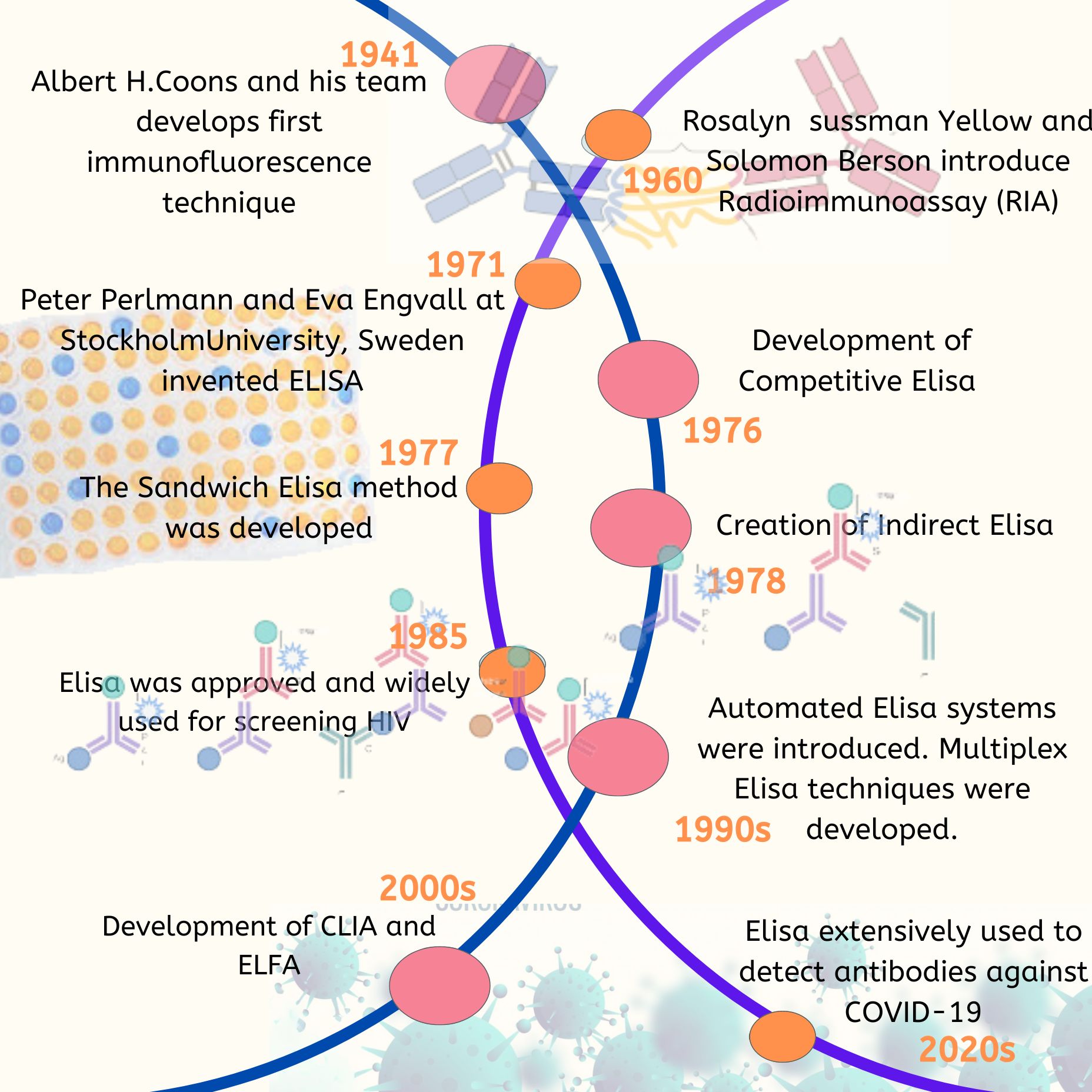The body requires energy that is provided by the food which undergoes a complex process involving the digestive system. The nutrients from the food are used by the body for energy, growth and cell repair. The digestive system includes the esophagus, stomach, small intestine, large intestine and the rectum. When a disease of the digestive tract is affected, the normal functioning of the system does not work effectively which can be the result of problems in the any of the digestive system. Some of the digestive system diseases may require immediate medical intervention while others can create serious damage if left untreated. The digestive disease can either be acute meaning it occurs for a short period or chronic that is long-lasting. There are various kinds of digestive system diseases and examples of some include celiac disease, crohn’s disease, irritable bowel syndrome, gastritis, gastrointestinal infections, inflammatory bowel disease and diverticulitis.
Irritable bowel syndrome
This is a common problem of the large intestine. This can be a chronic condition that requires long-term management. Some of the common symptoms include feeling bloated, abdominal pain, mucus in the stool and diarrhea or constipation. Although the exact cause of this condition is not known, some of the triggering factors include intolerance or allergic food, stress and hormonal changes in women, particularly during their menstrual periods. Usually, this can be controlled by managing the diet, including healthy lifestyle changes and stress. Medications to treat this condition can include fiber supplements to control constipation, anti-diarrheal medications and drugs to relieve painful bowel spasms.
Crohn’s disease
This condition develops as the result of inflammation of the digestive tract lining which can create various symptoms such as weight loss, diarrhea, stomach pain and malnutrition. Individuals with this disease are at the risk of developing life-threatening complications. Although the exact cause is not known but various factors such as stress and certain food can aggravate the condition. This can also be the result of an infection that can trigger an abnormal immune system response to the digestive tract which accidentally attacks it. There is no cure for crohn’s disease but the treatment usually focuses on reducing the inflammation. Additional medications include anti-diarrheal, pain relievers, vitamin b12 shots, vitamin D and calcium supplements.
Celiac disease
This is an autoimmune disorder that damages the small intestine with the ingestion of food containing gluten. The body’s immune system attacks the villi, the fingerlike projections on the small intestine which results in the inability of proper nutrient’s absorption. This is a hereditary condition that runs in the family. The only treatment for celiac disease is the prevention of consuming food containing gluten which improves the symptoms although the damaged caused to the small intestine may take several years to heal.
References
https://www.niddk.nih.gov/health-information/digestive-diseases#topics
http://www.mayoclinic.org/diseases-conditions/irritable-bowel-syndrome/basics/symptoms/con-20024578
http://www.mayoclinic.org/diseases-conditions/crohns-disease/basics/complications/con-20032061
https://celiac.org/celiac-disease/understanding-celiac-disease-2/what-is-celiac-disease/’



